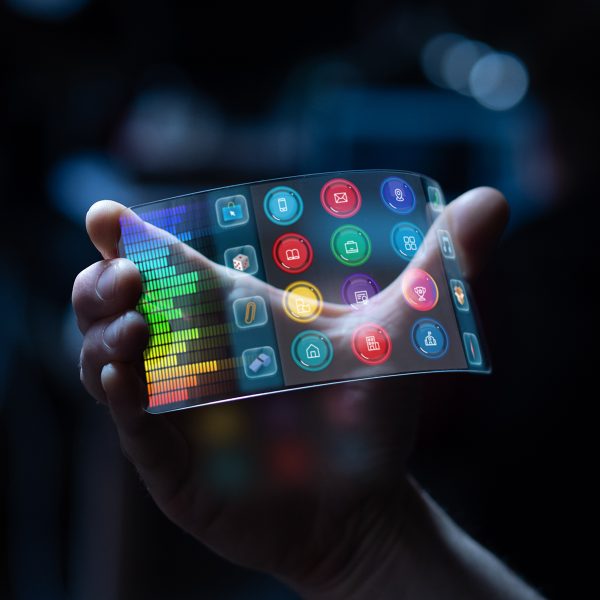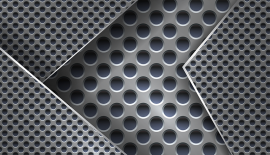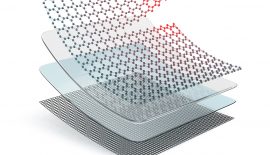Categories
Открытый ПолитехDescription
Smart materials represent a cutting-edge global trend both in fundamental science and emerging technologies. Smart materials science is a truly interdisciplinary area at the intersection of physics, chemistry, chemical engineering, mathematical simulations, nanotechnology, biotechnology, and etc. An online course in smart materials will be of obvious interest for everyone who is interested in modern materials science and emerging trends in engineering, biotechnology, and medicine.
A broad variety of materials are actually considered as smart ones: from shape memory alloys to polymer nanosystems. We expect that the Coursera audience will benefit from a compact and simple online course that integrates specific modern aspects and trends of fabrication, modification, characterization, and applications of smart materials.
The course is focused on recent advances in fabrication and application of materials with smart properties. Smart properties mean that such materials exhibit a variety of tunable properties depending on external stimuli and the impact of environment.
Smart materials are remarkably diverse, and their detailed description requires a book with several thousand pages. In this course, we propose an exciting and compact overview or recent advances in the area of smart materials: microscale and macroscale approaches to their fabrication, characterization, and application.
An important part of the course is the introduction to research methods for smart materials. We combined these methods into two large groups: spectroscopy and microscopy analytical tools. A certain attention is also paid to numerical modeling methods.
We introduced a Lab on a Chip component to the course. Microfluidic devices are cutting-edge scientific and technological tools that provide excellent opportunities for the fabrication of smart soft matter systems for medical diagnostics and drug delivery.
Finally, this course demonstrates selected examples of smart materials: shape memory metals, liquid crystals, and quantum dots. These examples were selected to show their application in a vital area of modern science and technology that is advanced materials for medicine.
At the end of the course you will be able to:
- • Identify the properties of smart materials that can be valuable in a specific area of application.
- • Apply theoretical and experimental approaches to designing, fabricating, and tuning properties of selected solid state and soft matter materials.
- • Utilize the potential of lab on chip technologies for materials science applications.
1. Smart Materials: Key Concepts
2. Behind Smart Properties
3. Smart Materials: Research Methods
4. Lab on chip for smart materials
5. From properties to applications: inspiring trends






